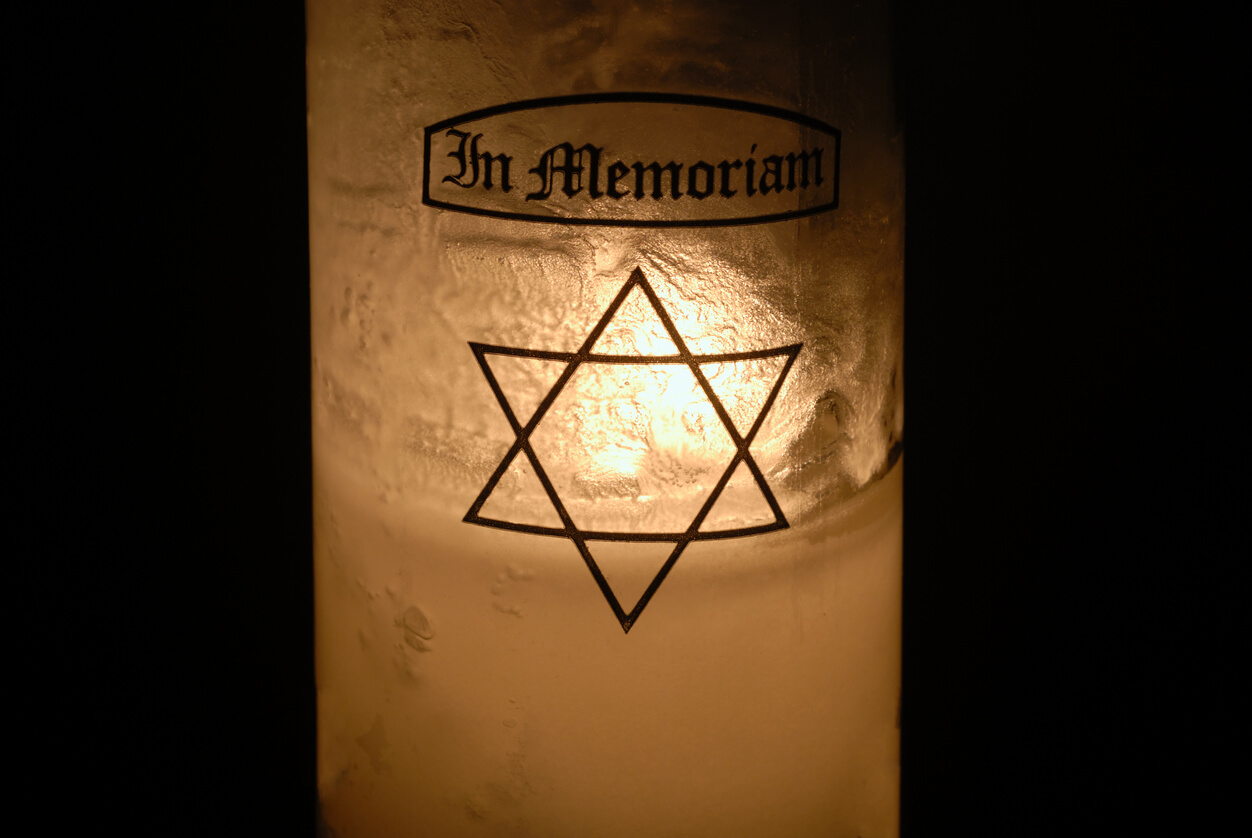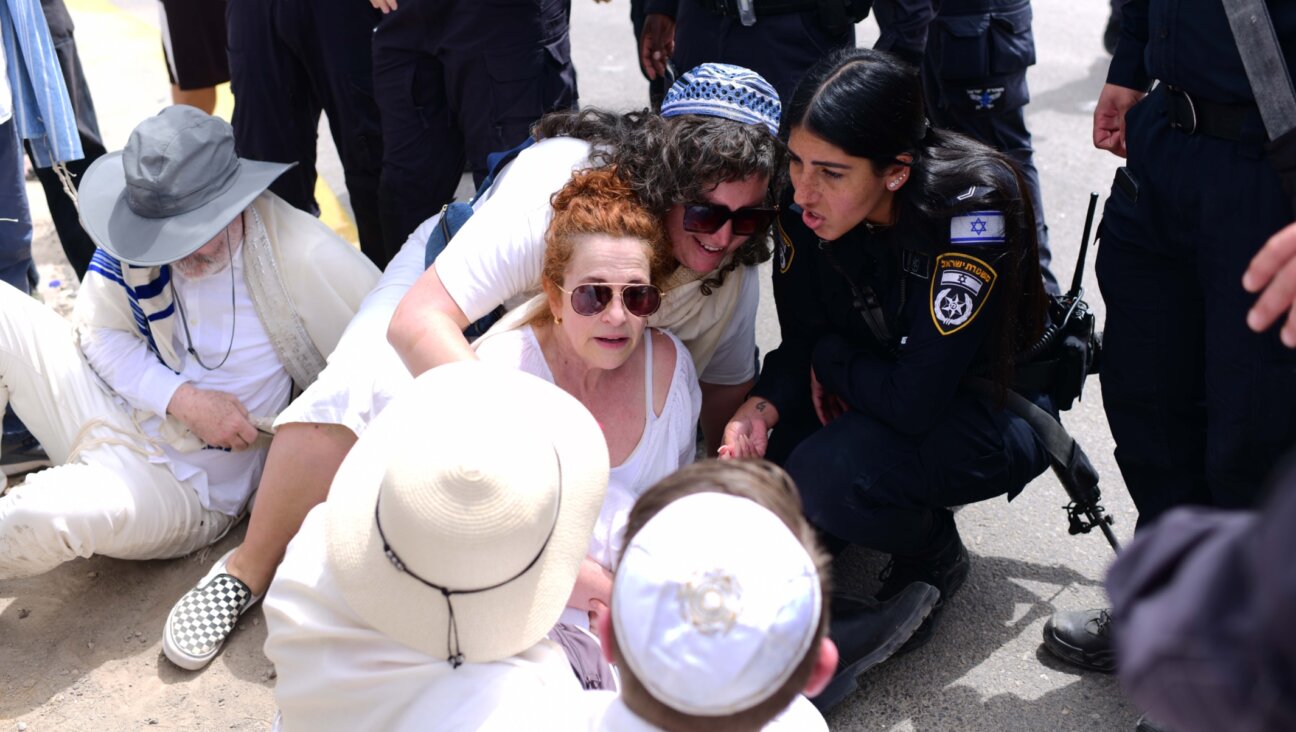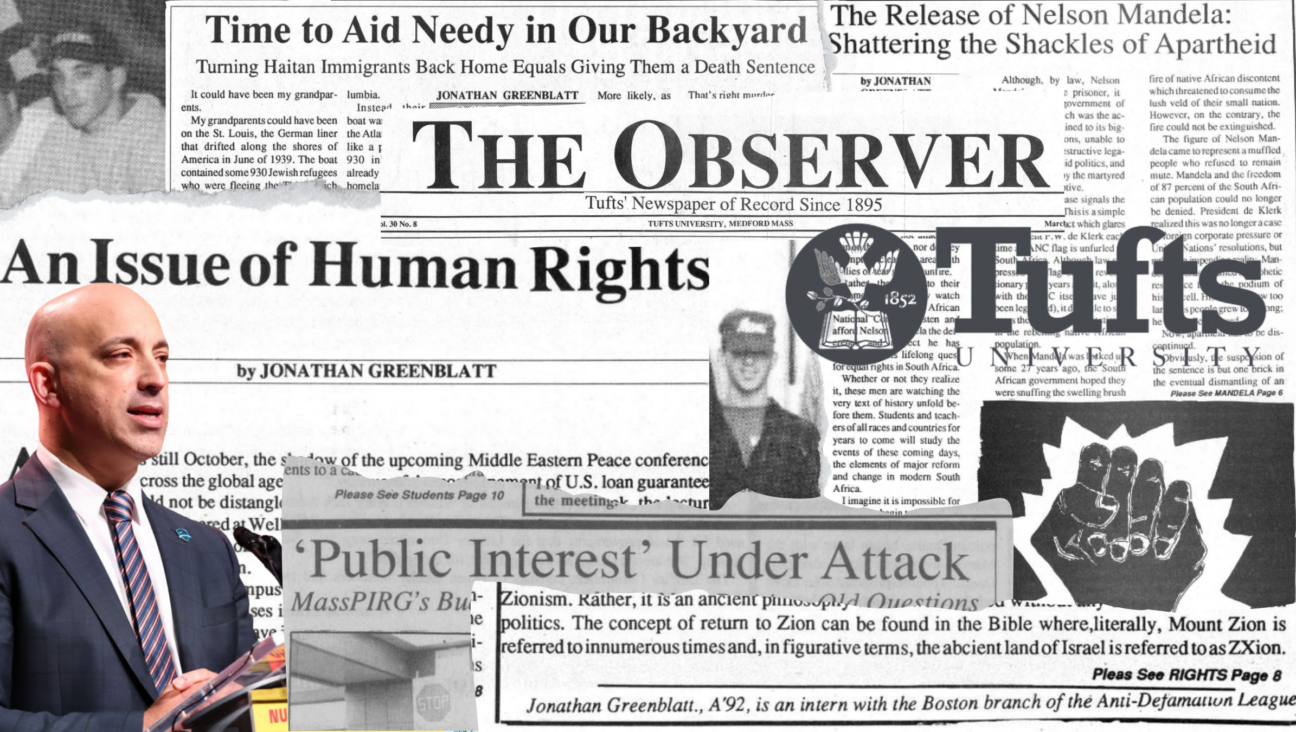Shelly Weiss, Brooklyn ‘queer icon’ and progressive Jewish activist, dies at 77

Photo by iStock/EyeJoy
(New York Jewish Week) — Shelly Weiss, a political activist who promoted LGBTQ culture in the arts and mentored a younger generation of Jewish progressive activists, died Feb. 22. She was 77.
Kolot Chayeinu, a progressive Jewish congregation in Brooklyn where she was a member, said she had been fighting late-stage kidney disease and died after a brief hospitalization.
In 1994, Weiss put aside her career in social work and health and mental health administration to found OUTMedia, booking LGBTQ peformers at college campuses. Promoting acts like the Kinsey Sicks — a drag a cappella group founded by the gay Jewish attorney Ben Shatz — and the lesbian comedian Julie Goldman, Weiss aimed to break down barriers that marginalized queer culture on U.S. campuses.
“I realized that the arts were a prime vehicle to change consciousness,” she said in a 2015 interview with the Keshet blog, a project of My Jewish Learning. “Forget people’s heads, reach their guts, their hearts. In this new way, I could really reach a new generation and frame thinking.”
“Shelly was smart, funny, and a true original,” the gay actor and comedian Jason Stuart wrote on Facebook. “If [it] were not for this woman, I would not have had the successful career as an artist that I have had.”
Weiss also became a mentor to members of Jews for Racial & Economic Justice, a Brooklyn-based progressive group that connects Jewish values to social justice causes. She was a leader in its New York Caring Majority — which seeks higher wages for home care workers — and served on JFREJ’s Poor & Working Class caucus and Disability caucus.
“She was a queer icon who reminded us always that the personal is political, and she was a really really great hugger,” JFREJ wrote in a statement on Instagram. “We always knew how important it was for Shelly to show up, and she inspired so many others to really, fully show up.”
Weiss was born in 1946 and grew up in what was then the largely working class and Jewish Brownsville neighborhood in Brooklyn. Her father worked in a hat factory and her mother was a homemaker. After graduating from Samuel J. Tilden High School in Brooklyn she studied political science at Brooklyn College and later earned a master’s degree in social work at SUNY Stony Brook.
After college she moved to Park Slope, where she became known as the first “out” lesbian in the Brooklyn neighborhood. (Weiss gently denied this, reminding people that there were undoubtedly “out” lesbians among the Native Americans who previously settled the area.) She strongly identified as a lesbian feminist in the 1970s, and in 1986 worked with Rabbi Helene Ferris and the feminist writer Elly Bulkin to organize a “Lesbian & Gay Jews in the Jewish Community Conference” at Stephen Wise Free Synagogue in Manhattan, the first citywide gathering of lesbian and gay Jews.
She also became an activist for Middle East peace, and in 1981 attended the founding conference of New Jewish Agenda, which promoted rights for Palestinians and LGBTQ Jews before it disbanded, under heavy pressure from mainstream Jewish groups, in 1992.
In the early 1990s, as a single mom raising a young son in Park Slope, she became a proponent of public school curricula that would teach tolerance for different groups, including gay men and lesbians. She was one of three spokespeople for the Coalition for Inclusive Multicultural Education, leading actions that would anticipate some of the cultural battles surrounding gay and trans-gender activism three decades later.
“She raised me on three principles,” Noah Desai Weiss remembered in a tribute. “’Try everything twice,’ ‘never go to bed angry’ and ‘there’s an unlimited budget for books.’”
At Kolot Chayeinu, she served as chair of Social Justice and was a member of its Gemilut Hasidim committee, White Anti-racist Affinity Group and the Queer & Trans Working Group.
In later years, advocating for Black Lives Matter and other causes, Weiss would frequently invoke her Jewish roots.
“How do we, as a queer Jewish community, look towards early Jewish roots in the immigrant experience and create community that really supports those of us who are disadvantaged?” she told the Keshet blog. “A movement that disables racism and economic exploitation needs to be led by the folks who are most directly targeted by oppression.”
She is survived by her son, his wife Monica Desai Weiss, and a granddaughter; stepdaughter Rebecca Shaw and her wife, Jillian Sussman; and her brother, Jerry Weiss, his wife Diane Weiss and their children and grandchildren.
This article originally appeared on JTA.org.

I hope you appreciated this article. Before you go, I’d like to ask you to please support the Forward’s award-winning journalism this Passover.
In this age of misinformation, our work is needed like never before. We report on the news that matters most to American Jews, driven by truth, not ideology.
At a time when newsrooms are closing or cutting back, the Forward has removed its paywall. That means for the first time in our 126-year history, Forward journalism is free to everyone, everywhere. With an ongoing war, rising antisemitism, and a flood of disinformation that may affect the upcoming election, we believe that free and open access to Jewish journalism is imperative.
Readers like you make it all possible. Right now, we’re in the middle of our Passover Pledge Drive and we still need 300 people to step up and make a gift to sustain our trustworthy, independent journalism.
Make a gift of any size and become a Forward member today. You’ll support our mission to tell the American Jewish story fully and fairly.
— Rachel Fishman Feddersen, Publisher and CEO
Join our mission to tell the Jewish story fully and fairly.
Only 300 more gifts needed by April 30
























